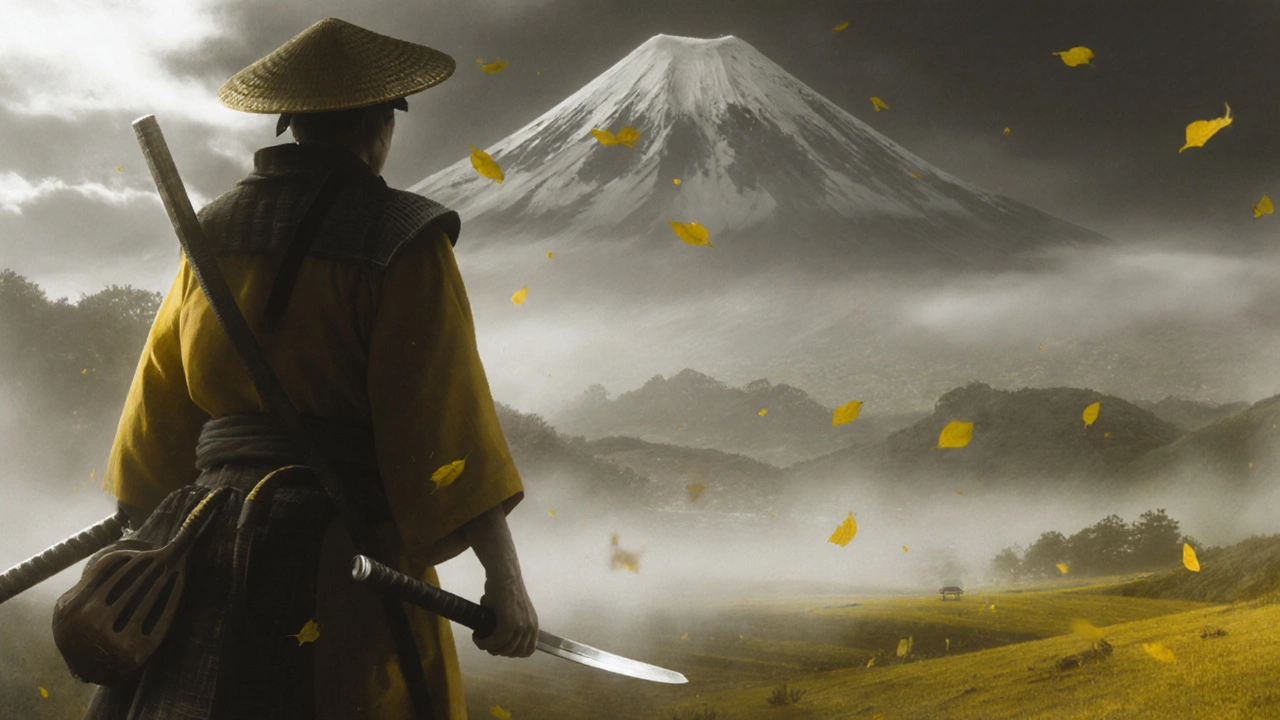Revenge Game: The Drama Behind Avenge Matches
When you hear revenge game, a fixture where a side deliberately tries to overturn a previous loss. Also known as rematch, it sits at the core of football folklore. A grudge match, a showdown fueled by past bitterness and personal rivalry often carries the same fire, while a tactical comeback, the strategic shift a coach makes to flip the result highlights the chess‑like nature of the sport. These concepts intertwine, creating the tension fans crave.
Why the Desire for Revenge Fuels Rivalry
Fans and players alike treat a revenge game as a chance to rewrite history. The rivalry psychology, the mental edge built from repeated contests pushes teams to dig deeper. In a classic derby, home advantage becomes a weapon, and the stadium atmosphere turns into a pressure cooker. When a team lost on penalties, the next encounter often features a penalty shootout practice, focused drills to avoid past mistakes. Coaches analyze opponent patterns, adjusting formation, which is a prime example of the tactical adaptation, the process of reshaping tactics after a defeat. All these elements confirm that a revenge game isn’t just about points; it’s a battle of wills.
From a player's perspective, motivation spikes in a revenge game. The locker‑room chatter often centers on “payback” and “righting the wrong.” This surge in morale can translate into higher work‑rate, more aggressive pressing, and a willingness to take risks such as committing an extra forward. Meanwhile, the opposing side may feel the weight of expectation, leading to cautious play or over‑confidence. The dynamic creates a feedback loop where each side’s actions directly influence the other's strategy, reinforcing the idea that a revenge game requires both mental resilience and tactical flexibility.
When you scroll through the collection below, you’ll see how these ideas appear in real stories: matches where a team avenged a heavy loss, derbies that turned into grudge matches, and instances where a tactical comeback reshaped a season. The posts illustrate the many faces of a revenge game – from grassroots rivalries to high‑stakes league clashes – giving you a full picture of why these contests matter so much to players, coaches, and fans alike.
Posted by
Caspian O'Reilly
0 Comments

Caspian O'Reilly breaks down Ghost of Yōtei, the sequel set centuries after Tsushima. He looks at Atsu’s personal vendetta, the game’s moody Ezo setting, and how combat feels in a darker world. The review notes strong character growth, flashback storytelling, and a satisfying twist on familiar revenge beats, even if the plot can feel predictable at times.
read more